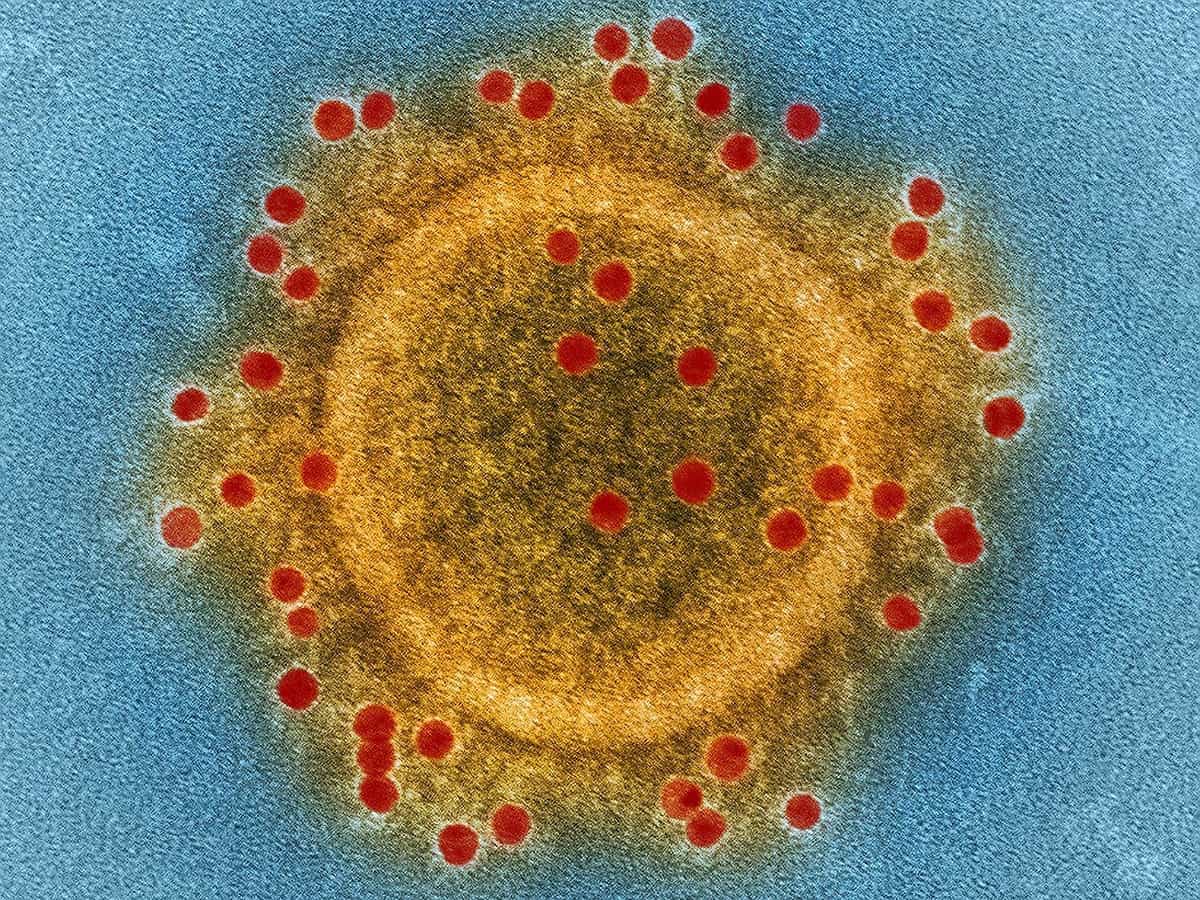
Abu Dhabi: A 28-year-old male expat from Abu Dhabi living in Al Ain, has tested positive for Middle East Respiratory Syndrome Coronavirus (MERS-CoV).
The man had no history of direct or indirect contact with dromedaries, goats, or sheep and no travel history outside the UAE, according to the World Health Organisation (WHO).
On June 8, he was admitted to a hospital after experiencing a wide range of symptoms including vomiting, right flank pain, and dysuria.
On June 13, he was transferred to the intensive care unit as his health deteriorated.
On June 21, a nasopharyngeal swab was collected to rule out the presence of a virus. Two days later, the unnamed man was confirmed to have MERS-CoV.
Health officials have monitored 108 people the man had contact with but have found no secondary infections so far.
What is MERS-CoV?
MERS, also known as Middle East Respiratory Syndrome, is a respiratory viral infection caused by a virus called Middle East Respiratory Coronavirus (MERS-CoV).
MERS-CoV, a zoonotic virus, is transmitted between animals and humans. According to studies, humans can contract the disease through direct or indirect contact with infected dromedary camels.
There is no specific vaccine or treatment currently available, although several vaccines and treatments for the virus is still in development.
MERS-CoV was first detected in Saudi Arabia in 2012. To date, the virus has been found in more than 27 countries.
- Algeria
- Austria
- Bahrain
- China
- Egypt
- France
- Germany
- Greece
- Islamic Republic of Iran
- Italy
- Jordan
- Kuwait
- Lebanon
- Malaysia
- Netherlands
- Oman
- Philippines
- Qatar
- Republic of Korea
- Kingdom of Saudi Arabia
- Thailand
- Tunisia
- Turkey
- United Arab Emirates (UAE)
- United Kingdom (UK)
- United States
- Yemen
The WHO has said that a total of 2,605 cases of the virus have been reported so far, with 936 associated deaths.
